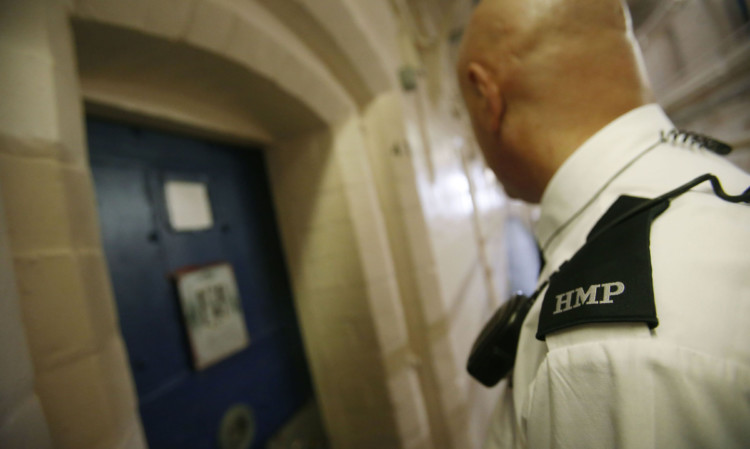A Dundee academic has branded a new campaign to increase sentences for criminals found guilty of housebreaking over Christmas “vengeful”.
Until January 6, those reported to the Crown Office and Procurator Fiscal Service for being involved in housebreaking will be prosecuted under new guidelines which could mean they would face up to five years in jail.
However, Dr Stuart Waiton, a lecturer in sociology and criminology at Abertay University, said the policy was a “knee-jerk reaction”.
He added: “It’s quite vengeful and potentially reactionary.
“If someone commits a crime you would imagine there would be a fairly straightforward penalty for it. Basically they are saying it’s more traumatising over Christmas, therefore you should get more.
“So it’s over Christmas a burglary is a burglary, and it should be treated as such.”
Dr Waiton said the move was part of a wider trend which put the victim at the heart of the justice system and not objectivity.
“The problem is that’s a presumption to start with that we are all very fragile people who might get traumatised,” he said.
“Based on that massive presumption, there’s an increase five-fold in the prison sentence.”
The academic added that the new policy seemed like a publicity stunt. The scheme comes against a backdrop of new figures in which Police Scotland recorded a 4% rise in housebreakings since April 1.
“The criminal justice system is meant to be rational and objective and punish people in a systematic way,” Dr Waiton said.
“This is clearly done for publicity. It’s more like a sort of sleazy politician’s attempt to curry favour with the electorate rather than anything rational.
“They are using it as an excuse as far as I can see to push through this policy. That is a general problem becoming standard in the criminal justice system, where it’s based on a presumed reaction.
“It’s dangerous as it’s based on a subjective reaction.”
